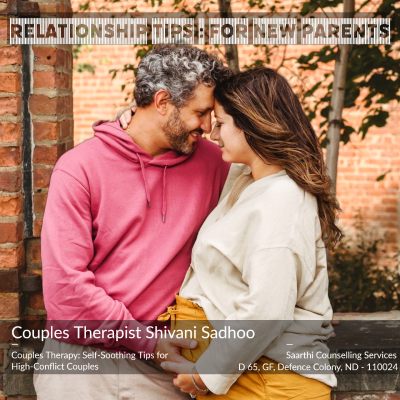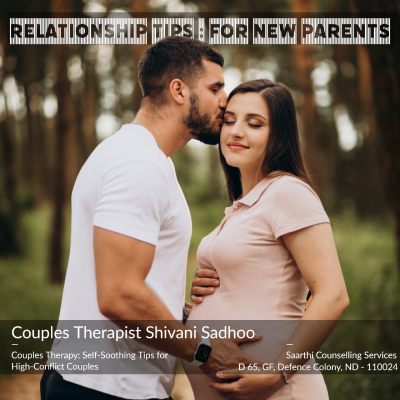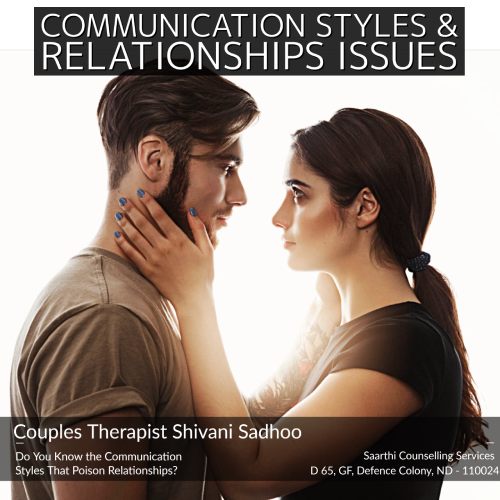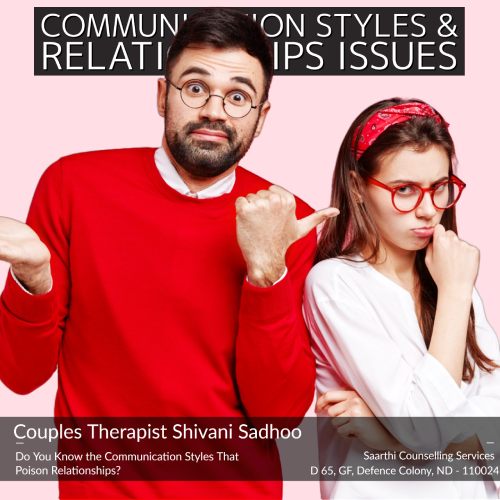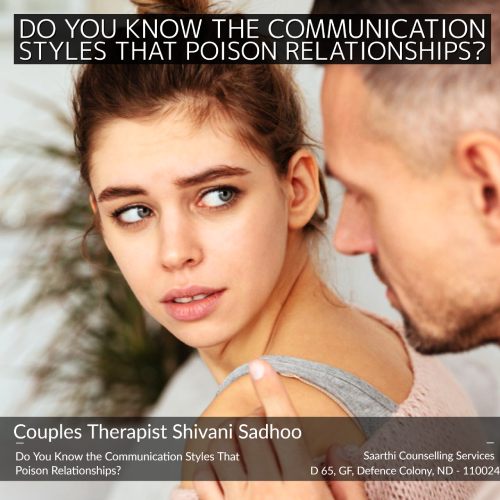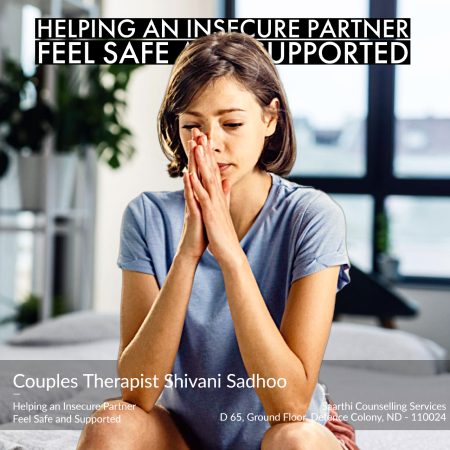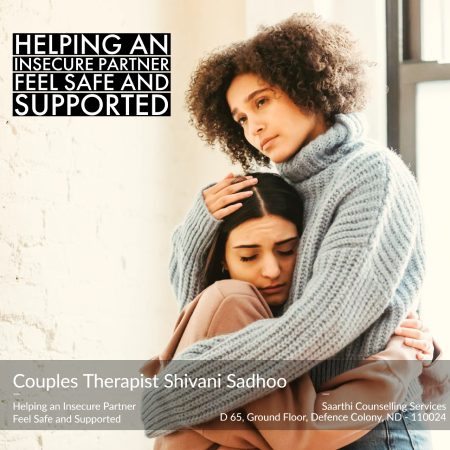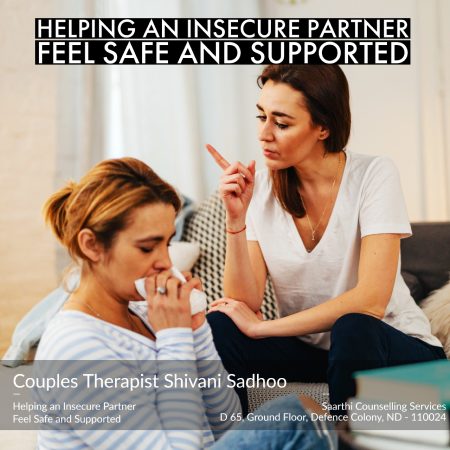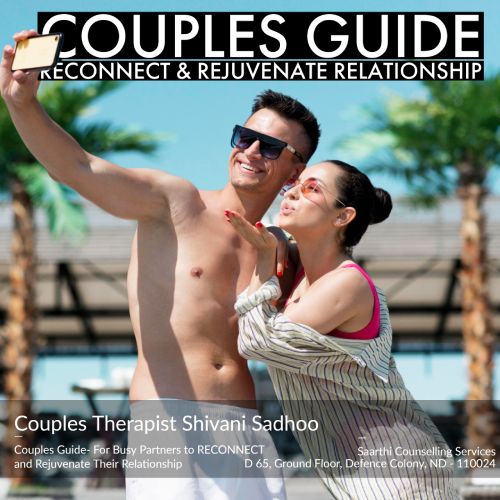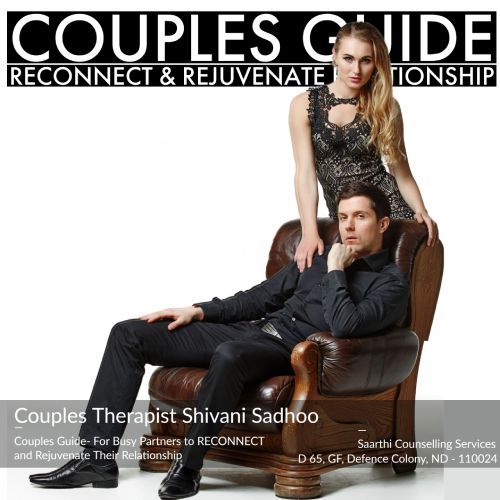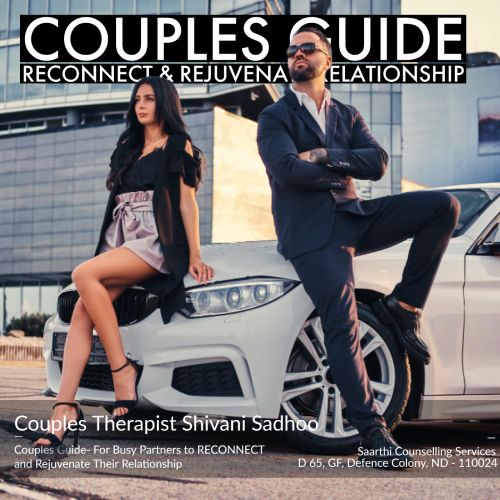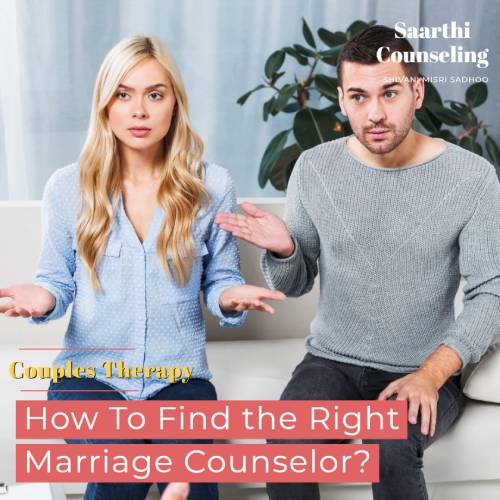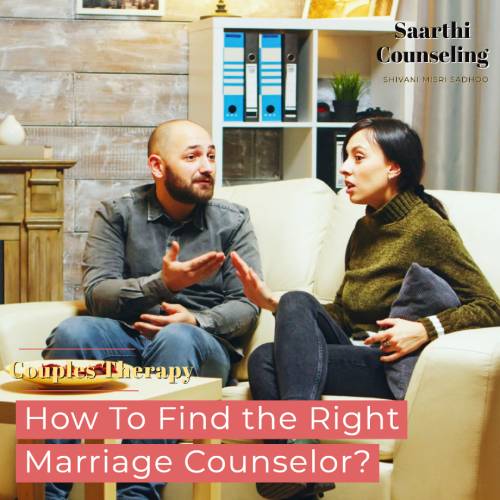Learn with India’s Top Marriage Counselor Shivani Misri Sadhoo
Life is not always about a singular pursuit or outcome, it’s the culmination of various experiences, emotions, and journeys that make it truly meaningful. In the hustle and bustle of today’s fast-paced world, where stress and challenges seem to be the order of the day, a simple smile can work wonders. A genuine smile has the power to transcend barriers, brighten up a gloomy day, and create connections that uplift both the giver and the recipient.
So, let’s find out the tips and tricks to add smiles and cheer to people’s lives from India’s eminent couples therapist Shivani Misri Sadhoo.

What are the ways to bring a smile to someone’s face?
Shivani Sadhoo says, being able to bring a smile or someone’s face is often the way to make someone feel better who is probably feeling down due to certain issues. Some of the ways to make a person smile are, you need to give them:
Compliments:
Genuine compliments hold the power to uplift and touch hearts. Instead of a plain old “good job,” make it special. Notice the sweat they put into a project, the cool ideas in their art, or the delicious twist in their cooking. Your attention and appreciation mean a lot!
Show Affection:
A simple hug conveys warmth and care, releasing “feel-good” chemicals in the brain. It makes us feel loved and understood. When someone hugs us, it’s like a cozy gesture that brings joy. The connection and comfort from a hug can easily bring a smile to our faces.
Share Humour:
Laughter truly is the best medicine, and sharing a good laugh can instantly lighten the mood. Share a funny meme, a light-hearted joke, or a witty anecdote. In a world bombarded with stressors, a dose of humor can be a welcomed respite.
Listen to others:
Sometimes, all someone needs is a listening ear. Truly engage in conversations, show empathy, and be present in the moment. By letting others express themselves without judgment, you create a space where they can freely share their thoughts and concerns, often leading to a genuine smile of relief.
The Power of Nature:
A simple walk in nature can make someone smile. It can reduce stress and anxiety, and increase feelings of happiness and well-being. Studies have shown that spending time in nature can lead to improved mental health and physical health.

A Gift of Love:
Handmade gifts or personalized tokens of appreciation carry a unique charm. Create a scrapbook, a custom playlist, or a piece of art that reflects your connection and shared memories. These thoughtful gifts demonstrate your effort and consideration, bringing genuine smiles to those who receive them.
Be Kind:
In a world that sometimes feels impersonal, a random act of kindness can be a breath of fresh air. Whether it’s paying for someone’s coffee in line behind you or leaving an uplifting note for a coworker, these gestures create a ripple effect of positivity. Remember, kindness doesn’t need a reason; it’s a gift in itself.
A Helping Hand:
Helping the needy brings joy by making a positive impact. Knowing you’ve made a difference, even small, can create a sense of fulfillment. Seeing others happier due to your kindness can lead to smiles, as it shows the power of compassion and generosity.
Personal Touch:
Calling your parents instead of texting adds a personal touch. Hearing their voices and having a real conversation shows care and interest. It creates a warmer connection, reminding them of the old ways and making them smile by feeling valued and cherished.
Celebrate Together:
Celebrating wins, big or small, spreads happiness by acknowledging achievements. Whether it’s a minor accomplishment or a major milestone, recognition shows you care and share in their joy. This simple act of support boosts their spirits, leading to smiles and a stronger sense of togetherness.
Smiling is a powerful way to spread positivity and make others feel happy and appreciated. It can be contagious and help to lift the spirits of those around us. Making others smile helps to create a sense of connection, belonging, and joy, which are essential for our mental and emotional well-being.




